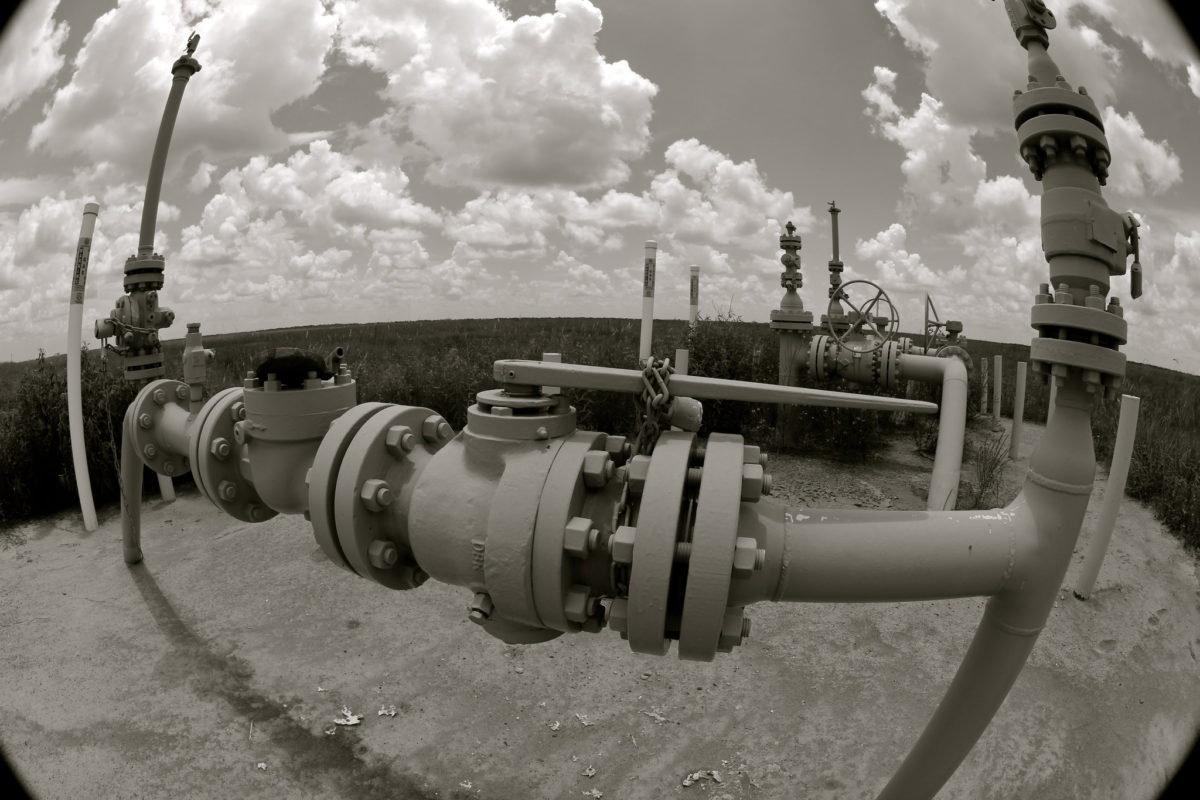From pv magazine Global.
Sticking with coal and oil-fired power and heat would give the world a better chance of hitting climate change mitigation targets than switching to natural gas, thanks to the devastating greenhouse gas effect of methane leakage.
That is the headline finding of a hard-hitting report published by the Berlin-based Energy Watch Group thinktank published this week, which has taken a swipe at the International Energy Agency (IEA) for perpetrating the idea natural gas is a more climate friendly option than its rival fossil fuels.
The Natural gas makes no contribution to climate protection study published on Monday claims switching coal power and oil-fired heating to natural gas raises the greenhouse effect of the power and heating supply chain 40% because of methane emissions during natural gas production.
Rubbishing the claims of natural gas to play a part in the future energy mix because of its low CO2 emissions, the report recommends existing gas infrastructure be used solely for genuinely climate-friendly options such as biogas and green hydrogen generated by renewables-powered electrolysis – power-to-gas or power-to-X.
IEA peddling a myth
And the IEA needs to clean up its act too, according to Energy Watch leading scientist and co-author of the report Thure Traber. “The IEA, which many governments regard as a reference for their energy policy decisions, deceives us with outdated figures and problematic assumptions about the actual climate impact of natural gas – with devastating consequences for our climate and the economy,” said Traber. “The economic risks of natural gas are significant: if the climate targets are to be achieved on national and international levels then it is simply impossible for investments in natural gas to pay for themselves. What will remain are stranded investments in the billions [of dollars].”
Tom Vernon, managing director of U.K. flexible power infrastructure business Statera recently told pv magazine the extensive blackoutsuffered in England early last month proved the need for flexible natural gas generation as back-up to a renewable energy grid, along with battery storage capacity. That controversial claim flies in the face of studies which have considered the ability of energy storage options such as pumped hydropower and green hydrogen to provide sufficient back-up power without the need for fossil fuels in the mix.
“Existing and new subsidies for natural gas are incompatible with the Paris climate protection targets,” said Energy Watch Group president and former German parliamentarian Hans-Josef Fell, in a statement issued yesterday to publish the non-profit’s new study. “Instead, we urgently need more investments in renewable energies because only these have an immediate and lasting positive effect on the climate.”
This content is protected by copyright and may not be reused. If you want to cooperate with us and would like to reuse some of our content, please contact: editors@pv-magazine.com.









By submitting this form you agree to pv magazine using your data for the purposes of publishing your comment.
Your personal data will only be disclosed or otherwise transmitted to third parties for the purposes of spam filtering or if this is necessary for technical maintenance of the website. Any other transfer to third parties will not take place unless this is justified on the basis of applicable data protection regulations or if pv magazine is legally obliged to do so.
You may revoke this consent at any time with effect for the future, in which case your personal data will be deleted immediately. Otherwise, your data will be deleted if pv magazine has processed your request or the purpose of data storage is fulfilled.
Further information on data privacy can be found in our Data Protection Policy.